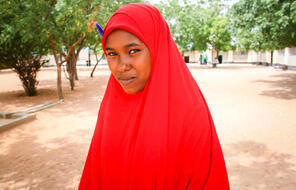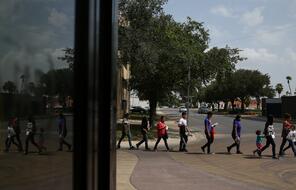131 Results
Global Migration & Immigration
Resources for Civic Education in California
Explore resources that meet the California History–Social Science Framework standards.

Resources for Civic Education in Massachusetts
Explore resources that meet the Massachusetts History and Social Science Framework.

Developing Student Agency through History and Literature: Middle School Curriculum
Lead middle school students in an 18-week study of identity, membership and belonging, and civic participation through analysis of historical case studies and literature.
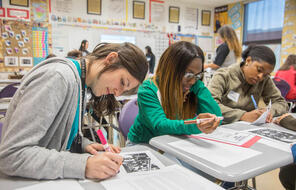
Current Events in the Classroom
Explore classroom resources for making connections between current events and your curriculum, including activities and discussion strategies for high school and middle school students.
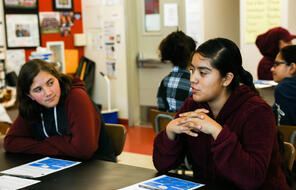
Angel Island Immigration Station: Exploring Borders and Belonging in US History
This 5-7 day C3-aligned inquiry explores the compelling question “How does the history of the Angel Island Immigration Station help us understand how borders are erected, enforced, and challenged?”
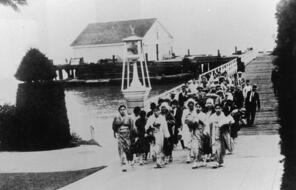
Discussing Contemporary Islamophobia in the Classroom
This unit is designed to help students in the UK reflect on how Islamophobia manifests in contemporary society and what needs to be done to challenge it.
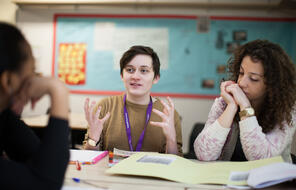
Media and Strategies for Teaching Enrique’s Journey
Find all of the digital resources you need to use the Teaching Enrique's Journey guide.

Use Poetry To Teach About Identity
Celebrate National Poetry Month with this mini-lesson that uses poetry to help students grapple with the complexities of identity and inspire them to tell their own stories.
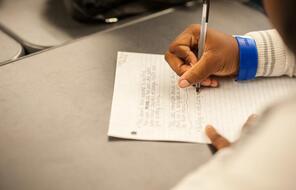
What Is Our Obligation To Asylum Seekers?
Help students understand how the United States’ complex asylum process works. Invite them to consider the question, who has an obligation to asylum seekers?
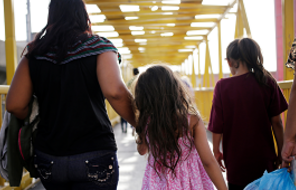
Why Do People Migrate?
In this mini-lesson, students reflect on stories of migration and learn about migration from El Salvador to the United States as a means of exploring the underlying factors that drive migration.
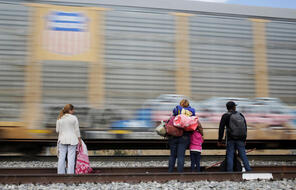
Brave Girl Rising: A Refugee Story
Created in partnership with Girl Rising, this lesson invites students to engage with the story of a young refugee and to consider the power of storytelling to spark empathy.
